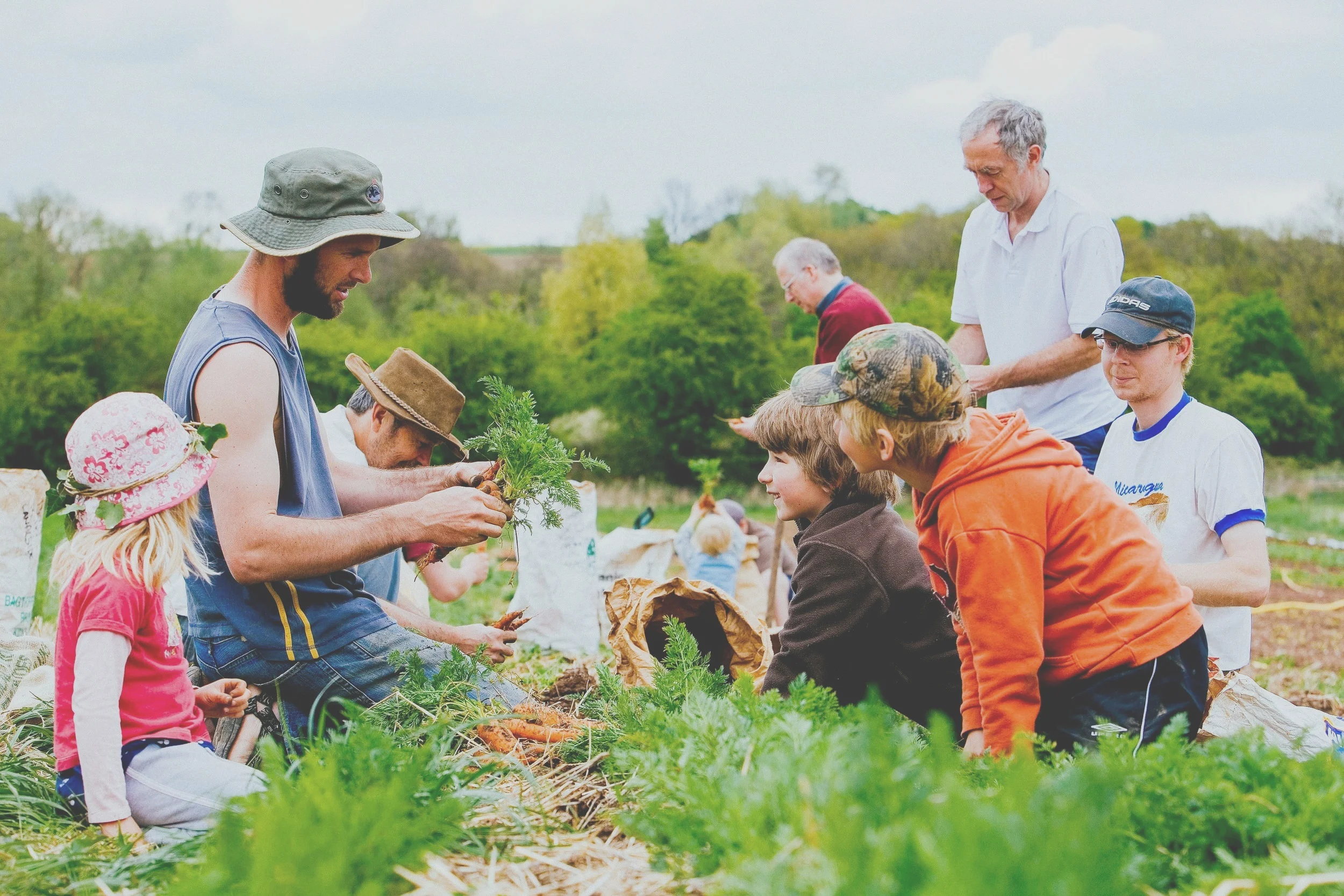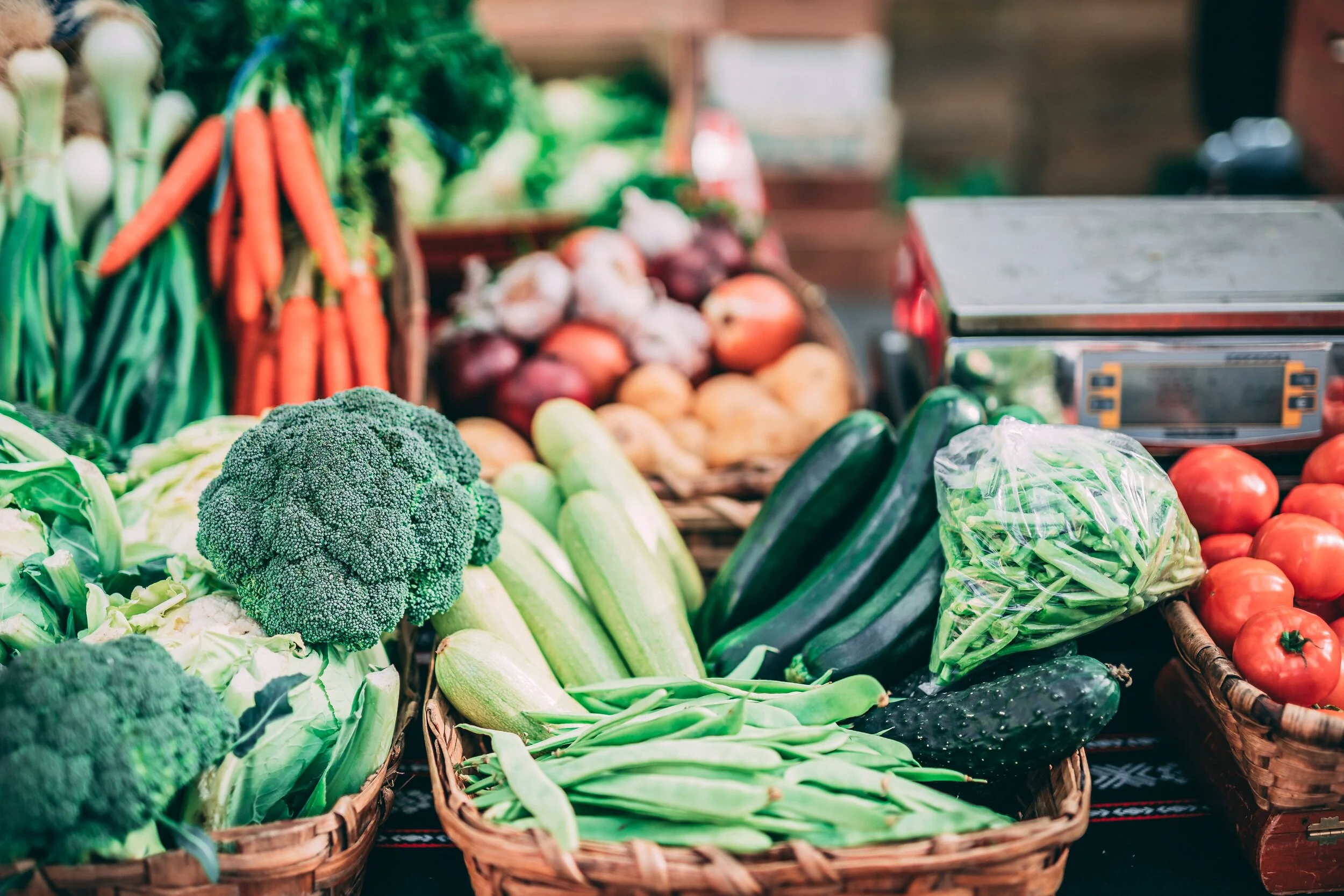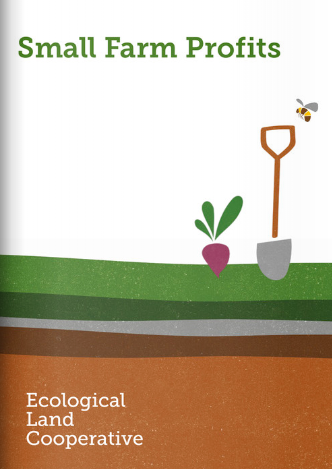Written by Ben Raskin, Chair of Community Supported Agriculture Network UK
I write this in the run up to Brexit Dday. Whether you are remain or leave, the uncertainty of Brexit is a reality. Community Supported Agriculture has potential benefits however that apply to any uncertainty, manmade or otherwise.
First some challenges facing horticultural businesses in the run up to Brexit, and in particular to the threat of a No Deal Brexit.
· Labour –Solutions may be found in time but there are widespread fears that securing the necessary workforce when we have left the Union will be more difficult.
· Availability of Produce – with no trade barriers, gaps in UK supplies can be easily met with imports of a wide range of products all year round. With barriers it may be harder to source the range of produce that is currently on offer.
· Pricing – The flipside of a global supply of produce is continual downward pressure on prices. As a result, many mid-size growing businesses have disappeared. We now see a polarisation between larger and larger businesses that use scale to meet supermarket demand, and a proliferation of very small-scale operations that supply specialist high value products direct to local customers. At both ends of the scale tiny margins are a real threat to business sustainability.
Here are some thoughts on how Community Supported Agriculture (CSA) might offer a Brexit proof business model, but firstly what is the CSA model?
Direct Connection
Consumers, often described as CSA members, are closely linked to the farm, and provide support that goes beyond a straight forward marketplace exchange of money for goods. They might have invested in the farm or business or share the costs of production. They may instead accept a share in the harvest or providing labour.
The most common produce for CSA farms is vegetables, but anything can be produced with the CSA model for instance eggs, poultry, bread, fruit, pork, lamb, beef and dairy produce. CSA farms are even developing around woodlands for firewood and more recently fish.
Benefits for all
Farmers receive a more stable and secure income and closer connection with their community, and consumers benefit by eating fresh healthy local food, feeling more connected to the land where their food is grown and learning new skills.
CSA helps to address increasing concerns about the lack of transparency, sustainability and resilience of our food system. It is one of the most radical ways that we can re-take control and ownership of our food system.
The proposition of consumer and producer sharing risk and reward may not seem particularly attractive in an environment where food is cheap and plentiful. Why pay money up front or commit to a long-term arrangement with a farmer when you can pop to the shops or login to your favourite online retailer and get what you want whenever you want it.
Imagine instead a situation where lorries are delayed, or tariffs are high. Prices may shoot up. Importers may seek easier markets. Having a guaranteed supply of food (weather permitting of course) begins to make a bit more sense.
Beyond the practical, being a CSA member brings a whole range of social benefits. Opportunities to join in with farming, learn more about how your food is produced and perhaps even improve your physical and mental health.
While the CSA business model is still in its infancy in this country with 100 + CSA farms, new ones are starting all the time. You can find out your nearest one here. In USA and France there are thousands of CSA farms, helped perhaps by not having a developed organic box scheme market. In these and other countries many CSA farms are even supplying into cities and feeding urban populations.
While I accept of course that the CSA model will not suit all farms or farmers, it does offer a genuine vision for transforming our relationship with food and a way of shaping a future proof food supply.











































